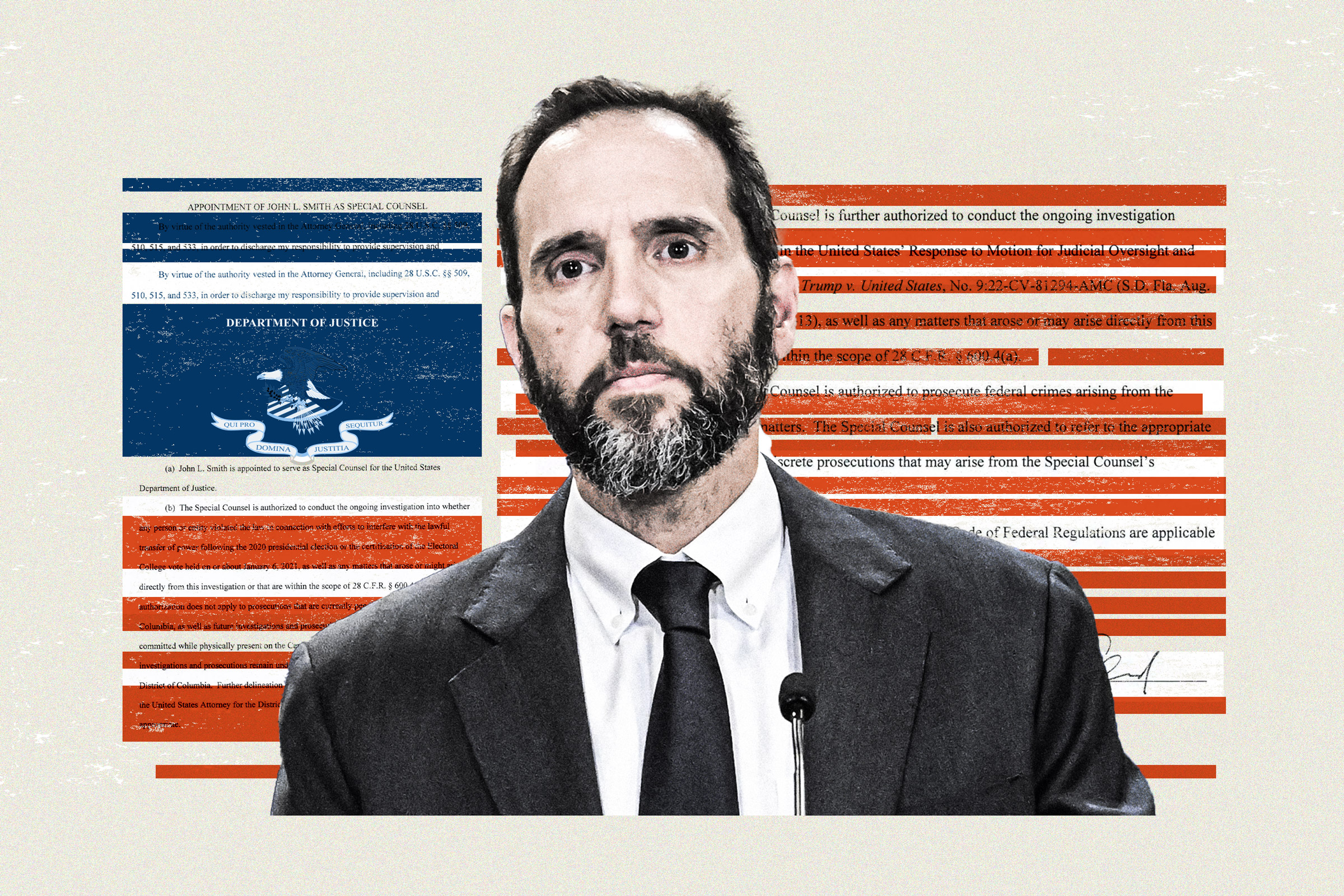Days before Attorney General Merrick Garland appointed special counsel Jack Smith to investigate former President Donald Trump, experts who had been following the Justice Department investigations questioned its necessity. Mr. Smith was appointed on Nov. 18, 2022.
Would the appointment of an “independent” lead prosecutor undermine the Justice Department’s own appearance of independence from politics? Would the newly appointed prosecutor slow down the case?










